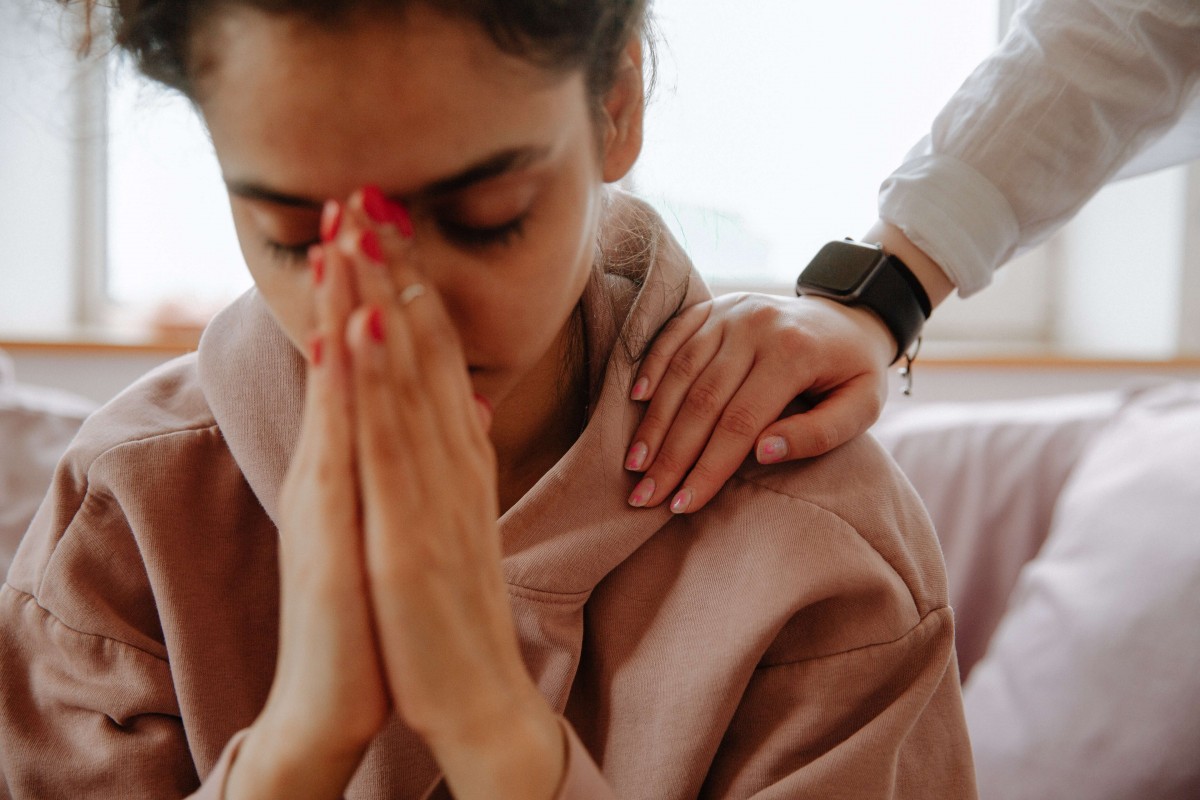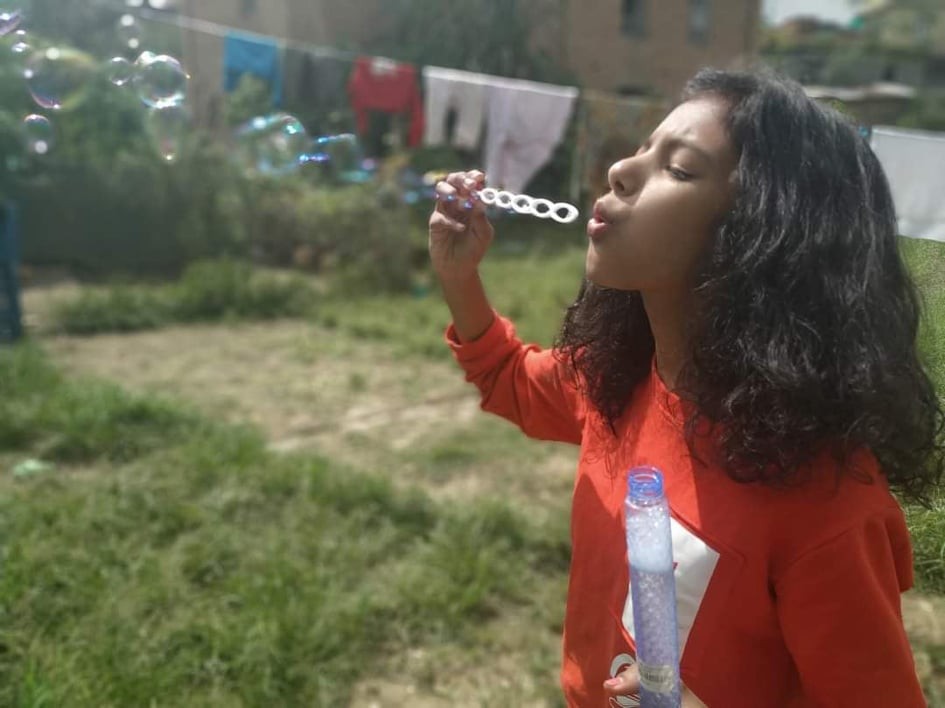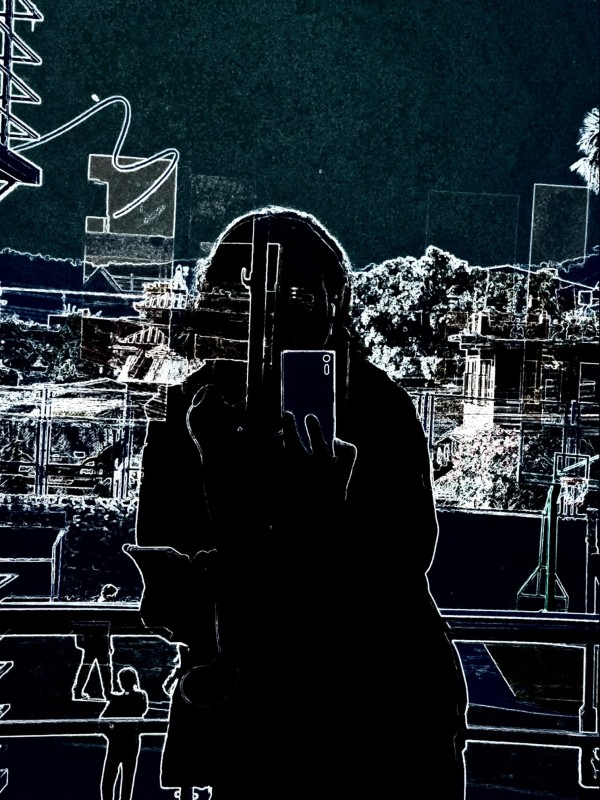Mental Health Crisis: Consequence of Prolonged Lockdown

 Polina Zimmerman From Pexels
Polina Zimmerman From Pexels
The UN report highlighted those vulnerable to mental distress, including children and young people and healthcare workers who see patients dying of COVID 19. It’s no surprise that people are having a hard time coping with this confinement within rooms for such a long time. The effects have been seen in the mental health of people not being able to determine how to utilize their time. No wonder the life was pretty busy and rushy before the outbreak of this Coronavirus pandemic. It’s even worse for those who already have certain mental complications and are not being able to get proper medical treatment and attention as earlier. No doubt the routine of life has been distorted. Suddenly having to live within homes 24/7 in comparison to the 9 to 5 busy schedule was fascinating only for the first few weeks. But the feeling of loneliness, inability to travel and meet people and imbalance in regular work life have had some serious effects on the mental well being of people. The most severely affected are those who worked on a daily wage basis to fulfill their basic requirements. They are being forced to go through both financial as well as mental stress. It looks like either way their lives are at risk. The anxiety level and restlessness in the working-class people are only rising with this extension of lockdown leaving them with no hope of how they will feed their family. Even those who worked in offices in different fields have now become monotonous having nothing to do and nowhere to go. Their energy and enthusiasm are slowly declining as a result of this Lockdown. Want to share your thoughts for the good? Start right now!! The effect of lockdown has also taken over the students who were expected to appear in their annual examinations to be promoted to higher classes. The stress of falling behind one academic year is rising every day but there is no sign of any progress to conduct the examination in any other way. Their wait is only being prolonged not knowing when they will be able to actually complete their academic year. Neither are they able to enjoy this so-called leisure time, nor can they concentrate on studies nor they can stop thinking bout exams. The necessity of social distancing has restricted us from meeting people on whom we rely for our mental wellbeing, to share our emotions, and to receive emotional support. Although there are ways to connect virtually, the value of someone’s presence was never felt this way before. Not only in Nepal, but the cases of mental distress and anxieties are also seen in other countries as well. People are going to work with the risk of being exposed to the coronavirus. Despite having enough food and a safe stay at home, we are getting restless for not being able to be as productive as we could have been. And for those with limited resources, it’s even heartbreaking. The confinement has had adverse effects on all age groups. Children, youths, adults, and old aged groups, all are facing some kind of mental stress and anxieties. The impact of restrictions on children can be that they will either learn fear or resilience and will respond to problems in a much similar way. Recently, a 21-year-old boy was admitted to Patan Hospital for psychotic breakdown after he started throwing things around his house, and screaming that everyone was going to die from the coronavirus. Also last week, a girl who had taken to excessive cannabis use during the lockdown was brought in due to serious side effects. Likewise, the consumption of alcohol has been a soothing mechanism during this confinement. Although the government has banned the selling of alcohol and related products, the untracked channels have not let the market go down and continued the supply of alcohol to its admirers. The consumption of alcohol has not only distracted people’s minds but also led to an increased number of domestic violence. Alcohol relapse is one of the most common cases reported in Patan Hospital during the lockdown. According to a clinical psychologist at Teaching Hospital, service providers will be overwhelmed with old and new patients if the lockdown is expanded. She said many of her patients with pre-existing mental health disorders have not been able to come for follow-up consultations. During the time of such an epidemic, anxiety disorder, phobia, obsessive-compulsive tendencies, and depressive thoughts are more likely to be triggered in mentally-ill people and aggravate their condition. Surprisingly, the fear against foreigners, also called Xenophobia is on the rise. The Internet is overwhelmed with news related to racism and Xenophobic comments. The hatred towards Asian people, more specifically, Chinese in on the top, blaming them for eating whatever they get, resulting in the pandemics like COVID 19. The easiest platform to take out of fear and pour out anger, the social media where people are making memes and spreading the message that the virus can be contracted by any Asians. They are using #tags like #banAsians, #banChinese which is totally misleading. The Second and most trusted source, International Newspaper in France and Australia, has been using terms like the Chinese virus, the Asian virus which is disingenuous as it simplifies the message that the virus is mostly affecting Asians. Therefore, it is to be understood by all of us that the chance of Asians getting the virus is equal to the chance of every healthy American or European getting the virus. In conclusion, people need to only rely on trusted sources for information and not follow rumors spread by any social media account. This will help reduce uncertainty, alleviate anxiety, and mental stress. People with pre-existing mental health problems should continue with their treatments and be aware of new and worsening symptoms. It’s absolutely natural for each of us to feel stressed, anxious, fearful, and lonely during this time. However, we ourselves have the power to tackle this as it’s not just some bug that’s going at random around the world. It’s people’s behavior that determines whether or not a virus will spread. Want to make your lockdown productive? Read this.. Check out the daily lifestyle to follow to prevent COVID 19. Minimizing our screen time, enjoying a healthy diet, connecting with the loved ones, learning new skills, engaging in creative and productive activities, reading books, maintaining good sleep, and hygiene are some of the good habits to get rid of mental illness. And the governments worldwide need to treat this growing crisis with the same seriousness that they apply to economic matters and realize that in the absence of strong measures, financial stress will inevitably become mental health issues. Edited By: Rupa Karki






